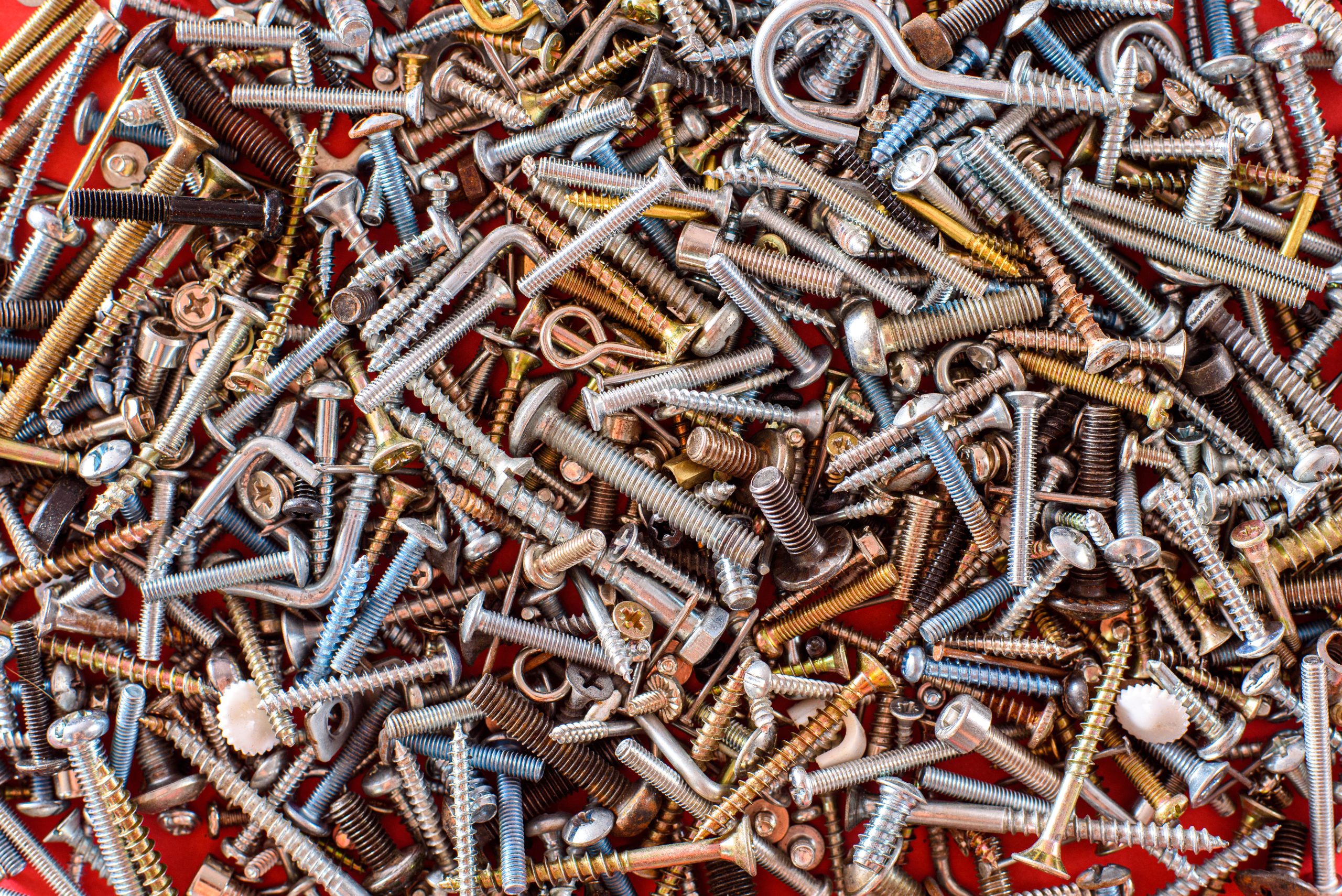
There are many different screws on the market, each designed for specific purposes. In the construction industry, along with many others, screws that create their own threads are widely used. However, there are two types of screws that are often confused with each other: self-drilling and thread-cutting screws. Both screw types create their own threads and can be used with metals and plastic components, but have important differences to keep in mind.
What Are Self-Drilling Screws?
As their name suggests, self-drilling screws drill their own holes while creating the threads. Because these screws don’t require a pilot hole, they often save on installation time and don’t require a separate drill bit to create a hole for assembly. These types of screws are commonly used in the roofing industry to attach metal roofing and siding to metal stud framing. However, they are also widely used in the electrical, insulation, HVAC, and construction industries to join metal sheets, timber, and other materials. These screws are often made from case-hardened stainless steel or 410 steel to ensure the screw is harder than the material it is drilling into.
What Are Thread-Cutting Screws?
Like self-drilling screws, thread-cutting screws also create their own threads as they’re drilled into a material. The major difference, however, is that these screws require a pilot hole to be drilled first. The pilot hole is slightly narrower than the dimensions of the screw, and the threads created ensure that the two materials remain fastened together. Thread-cutting screws are ideal in scenarios where the screw will never be loosened again once installed unless repairs are required.
There is a great variety of thread-cutting screw points, and the most suitable option is dependent on the material it’s being used in. For example, different thread profiles and points are used for metal than thermosets. Thread-cutting screws generally cannot be used with soft plastics, as the chips formed during the threading process fill the cutting cavity and make the screw ineffective. Thread-cutting screws are typically made from case-hardened, low-carbon steel.
Choosing the Right Screw
The specific application of the screw must be carefully considered to choose the right one. For example, the type of material will determine which screws may be best suited. Similarly, the presence or absence of a pilot hole will also be an essential factor in the decision-making process.
However, if you’re unsure what type is best for your application, Monroe EFI can help. Our experienced team can help you choose the right products to fit your needs. Contact us today to learn more about our products and find the self-drilling or thread-cutting screws you need.

